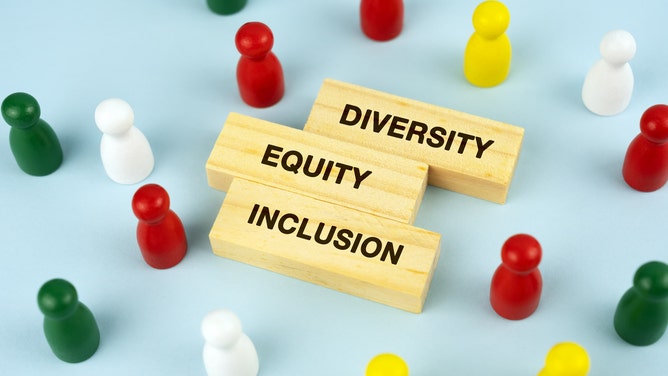DEI Is Undergoing A Rebrand, As Movement Faces Uncertain Future
Diversity, equity and inclusion is undergoing a rebrand.
DEI has been around since the 1960s, but really rose to prominence following the death of George Floyd in 2020. The acronym, on the surface, excuses hiring and promoting individuals based on race and gender. DEI is one of the most-cited hallmarks of the Biden administration.
However, the Washington Post published an article this week profiling how various U.S. businesses are quietly scrubbing their association with DEI, citing mounting legal and political pressure.
State legislatures across the country are considering dozens of anti-DEI bills.
Last year, the Supreme Court struck down affirmative action in colleges and universities, ruling that race-conscious admissions violated the right to equal treatment under the Constitution.
Several commissioners involved with the U.S. Equal Employment Opportunity Commission state that DEI violates Title VII law, stating race/sex cannot be "motivating factors" in employment decisions.
Brands have taken note.

Understanding that "inclusion" is the least divisive term in DEI, the Society for Human Resource Management recently renamed "DEI" as "IED," placing inclusion at the forefront.
"We underestimated that inclusion was the real challenge," Johnny C. Taylor Jr., CEO of the Society for Human Resource Management, told the Post. "Now people are saying, ‘Not only should we probably call it something different, we should probably evolve it.’"
Rhonda Moret, founder of Elevated Diversity, a DEI consultancy, also tweaked the terminology – now referring to DEI as L&I (leadership and inclusion), but remains conflicted about whether to follow the tide and change Elevated Diversity’s name.
"I am what someone thinks of when they think of diversity," Moret, who is black, told the Post. "Do I want to change who I am to be able to fit into another model? I still haven’t decided."
Companies Are Making Changes
The Post hightlighted how other companies are removing references to DEI entirely from their annual reports, including Kohl's, Salesforce and Workday, while Starbucks quietly untied executive bonuses from hitting diversity goals by receiving shareholder approval to replace "representation" goals with "talent" goals.
The Post story specifies that some of the changes to DEI are more nominal than literal. Renaming DEI is a way to disguise, but "not abandon," the practices.
Still, seeing DEI undergo an identity crisis is a step forward.
DEI is wrong. It's Marxian. Despite support from civil rights leaders, DEI is the antithesis of what the civil rights movement fought for -- racial impartiality.
DEI Doesn't Have ‘Strong’ Support
Americans do not want the color of their skin to determine their level of success. Only 28% of adults "strongly support" employees participating in mandatory DEI training, according to a February Marist poll.
Americans do not want the color of their skin to determine their level of success. Only 28% of adults "strongly support" employees participating in mandatory DEI training, according to the same poll.
Washington expects DEI to be a wedge during the November election, perhaps giving Republicans an edge, for that reason.
Call it L&I or some other euphemistic phase, it doesn't change the fact that elevating some and punishing others for their skin color is wrong.
DEI should ultimately be abolished.